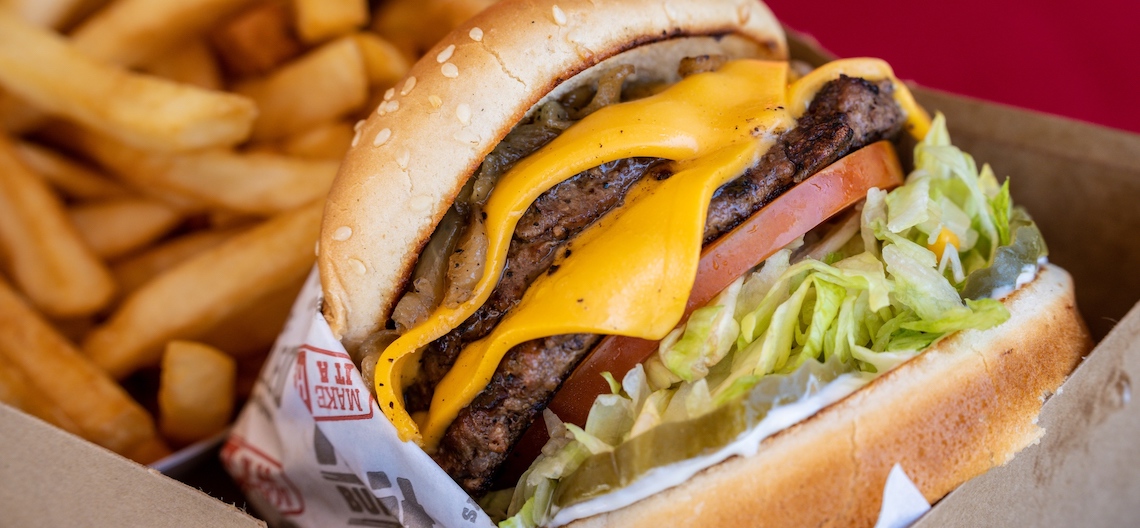Fast food operators voiced wage concerns in February; next council meeting remains unscheduled

The Habit Burger Grill in Dinuba opens next week, but will feature VIP events with free food leading into the grand opening. The Habit photo
Written by Ben Hensley
Last month, the California Fast Food Council’s planning subcommittee was met with pushback from more than 30 restaurant owners with firsthand accounts of the challenges they face from ever-rising minimum wage laws, particularly those affecting fast-food employees.
With concerns that additional wage increases would force many small restaurants to shut their doors, the Fast Food Council voted to include the topic of further wage increases during its next meeting.
A meeting that, as of this morning, has not been scheduled by the Department of Industrial Relations, which oversees the Fast Food Council.
At last month’s meeting, several restaurant owners voiced financial concerns, including Richard Tieu, who owns two McDonald’s restaurants in San Jose. Tieu shared that he invested his life savings into buying his restaurants but has struggled to maintain profitability since the April 2024 minimum wage increase for fast-food employees.
“As a small business owner, my greatest joy has been creating jobs and helping my employees build their own futures — just like I was able to,” said Tieu. “But this massive 25% wage hike is crushing me. I can’t afford to hire any new employees, and as people leave, I can’t replace them.”
In addition, Tieu added that he has had to raise prices on menu items and cover shifts himself just to stay afloat.
“I worry every day about what another increase would mean — not just for me, but for my employees who depend on these jobs,” Tieu added.
Locally, alarm bells have been raised multiple times over the last several years, with local restaurateurs signaling concern as far back as 2023 when the concept of a fast food council and a $20/min wage for fast food employees was introduced through AB 1228.
In 2023, several local restaurateurs voiced their concerns over a move that seemed “inflationary” and unnecessary.
Local restaurant owners pointed out the inequities of sweeping minimum wage increases in a state with such a large disparity in the cost of living from region to region.
Fears of wage increases negatively affecting the fast food industry were voiced by local restaurateur Lewis Everk in 2023, who revealed concern that the law would drive a focus on automation and alternatives to hiring to cut corners.
“Fast food is not a dumb entity. They understand how to make the dollars and cents pan out on their P&Ls,” Everk said in 2023. “Some of that’s going to be price increases.”
A recent report by the Berkeley Research Group found that since September 2023, a 14.5% increase has hit the fast food industry — a rate that nearly doubles the national average (8.2%).
In addition to elevated prices, the report also found that the workforce of fast food employees dropped by nearly 2% (-1.9%) between June 2023 and 2024, reflecting a negative impact on employees in the sector.
The drop in employment was the steepest decline since the COVID-19 pandemic (2020) and the Great Recession (2009).
The council, which is composed of 11 members (nine voting members and two oversight representatives), has met seven times, including its first meeting last March. Its most recent meeting was on Feb. 26.








